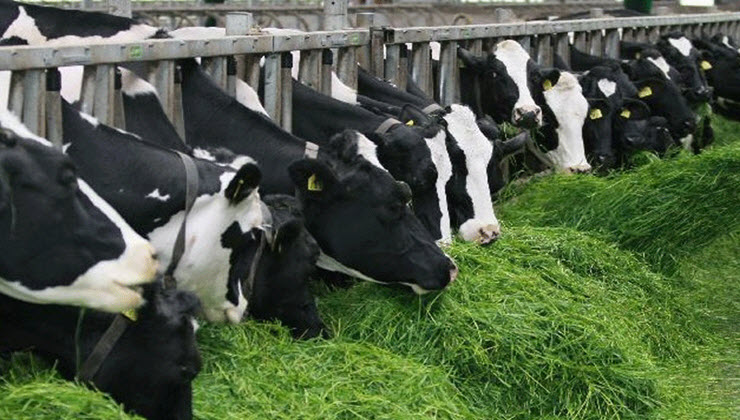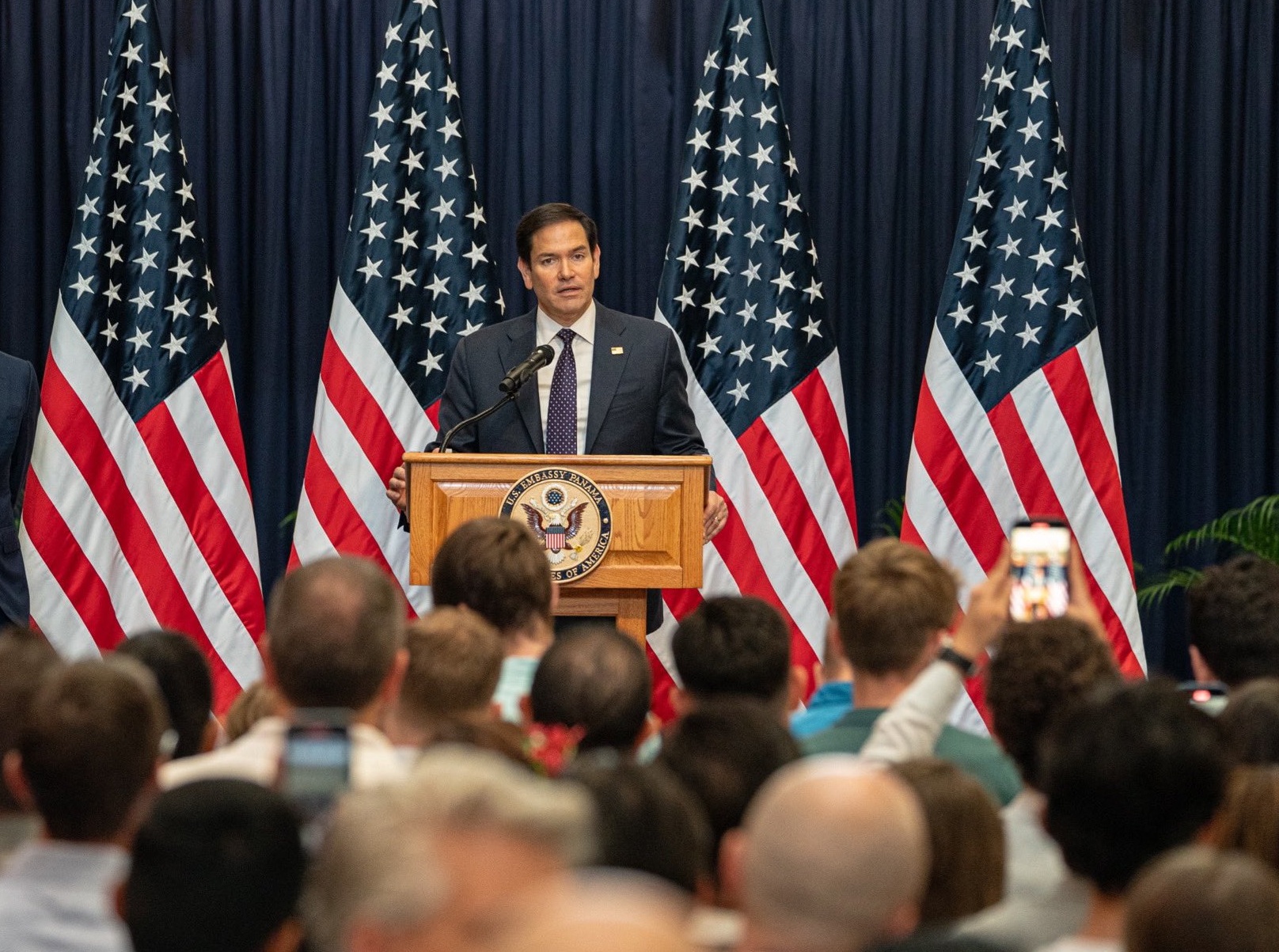Farmers oppose Livestock Bill 2019, say it’ll increase tax burden on dairy sector

Smallholder dairy farmers’ representatives want the new Agriculture Cabinet Secretary (CS) Peter Munya to effect key reforms in the dairy sector to avoid increasing the tax burden on the struggling sector.
Under the umbrella of the Dairy Stakeholder Consortium (DSC), the farmers want CS Munya to review existing and proposed laws which include the Livestock Bill 2019.
“A fresh national and well-advertised public participation should be done before the national validation,” said Henry Otsyula, the Investment Chairman, Kenya Dairy Farmers Federation Investment.
According to the dairy consortium, the Dairy Industry Act Cap 336, has many loopholes that if not addressed, will lead to poor products, an unstable market and a dismally-managed dairy sector.
“We are thankful to President Uhuru Kenyatta for his vision for including co-operatives into the Ministry of Agriculture. This will help improve product marketing and funding of New KCC to buy excess milk. But we want a clear explanation from the CS on how it will trickle down to the grassroots,” said Otsyula.
Elisha Bwatuti, who is the Brilliant Dairy Farmers Association executive secretary, said traders incur heavy taxation on dairy products originating from outside East African Community (EAC) which leaves them with the option of getting them into the country illegally.
The Kenya Revenue Authority (KRA) has imposed a 60 percent import duty, 16 percent value-added tax, 3 percent import declaration fee and 2.5 percent standard gauge railway levy.
Further, the Kenya Dairy Board (KDB) has imposed a 7 per cent import levy in addition to 20 cents per litre cess.
Hence, the consortium has called upon Munya to put in place stringent measures such as special testing equipment that can properly determine the origin of milk products.
“The DSC will soon be forwarding a petition to the Cabinet Secretary, Peter Munya, for consideration. It will contain suggestions of sustainable solutions in the dairy industry, including a reduction in cost of production through national fodder project among others,” said the consortium.
But livestock expert, Dominic Menjoy, told K24 Digital that there is a general feeling that the bill was hastily drafted without the input of key stakeholders, at the professional and farmers’ levels.
The law is intended to regulate the livestock sector, including marketing, vaccine production, tsetse and trypanosomiasis eradication and animal genetics resources and training.














